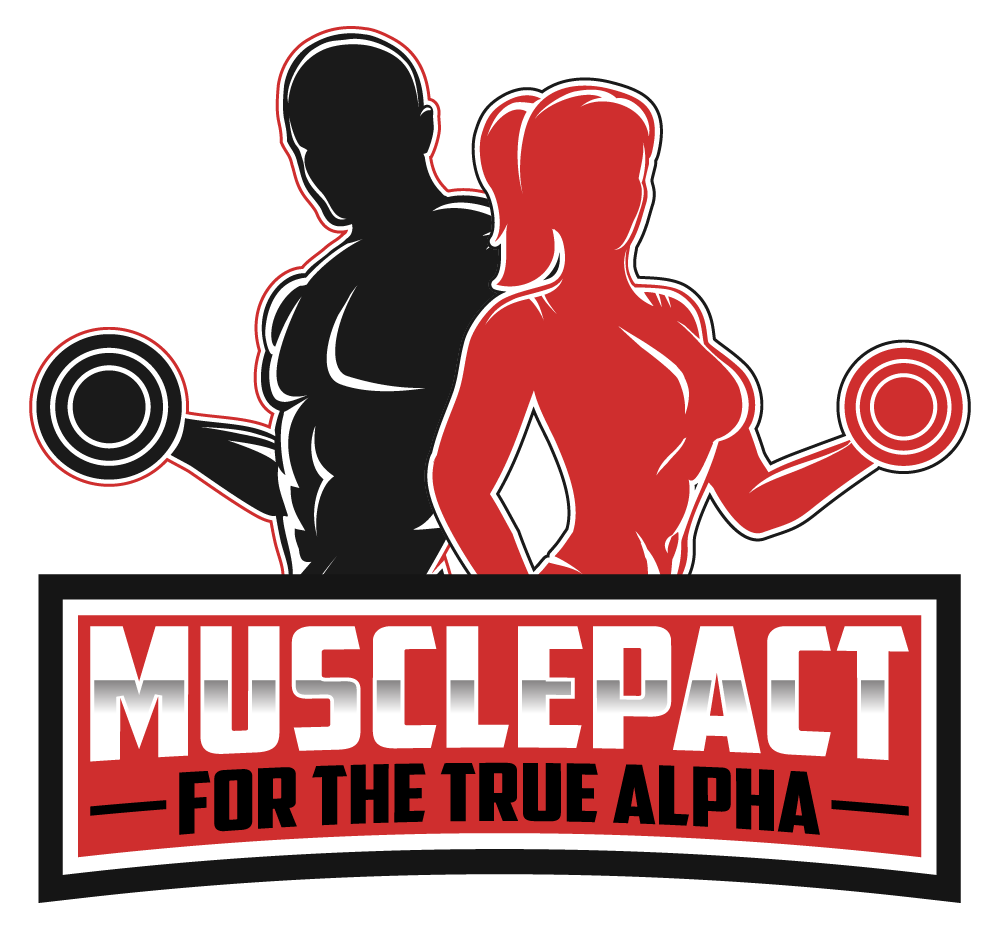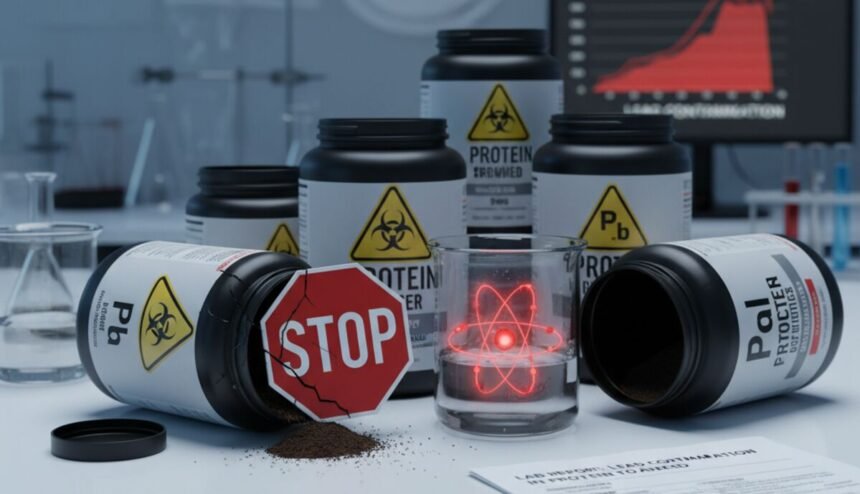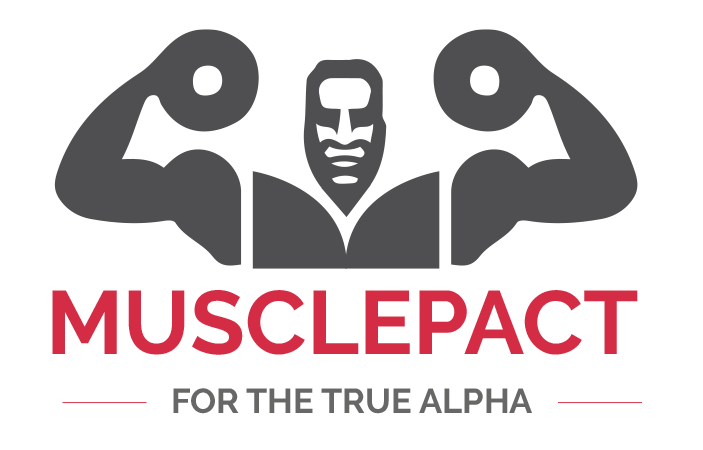Something in the supplement aisle is quietly wrong. A recent investigation by Consumer Reports tested 23 popular protein powders and ready-to-drink shakes and found elevated lead in more than two-thirds of them. The numbers are not small blips; they suggest contamination has gotten worse over the last 15 years. That should make anyone who drinks protein shakes stop and ask: is that scoop really worth it?
Plant-based powders prove particularly problematic
Plant-based products were the worst offenders. Nearly every plant-based powder tested showed elevated lead, and a few were so high that experts said they should be avoided entirely. Naked Nutrition’s Vegan Mass Gainer and Huel’s Black Edition were flagged as particularly dangerous. Other plant-based options — Garden of Life’s Sport Organic and Momentous’ 100% Plant Protein — also had lead levels high enough that specialists suggested limiting use to maybe once a week, not every day.
Why do plants carry more heavy metals? Plants pull nutrients — and contaminants — from soil, water, and air. When those plants are processed into concentrated protein powders, trace metals become more concentrated too. It’s a simple chain of cause and effect, but the outcome is anything but simple for consumers.
Half the dairy-based powders still had concerning lead. So this isn’t only a “plant vs. dairy” problem, though dairy options tended to perform better on average. And lead wasn’t the only villain: tests also showed worrying levels of cadmium and inorganic arsenic in some products. One product, for example, recorded cadmium at more than double what scientists consider safe for daily intake.
Lead accumulates. That’s the scary part.
Lead doesn’t wash out. It builds up in your body over time, and no amount is truly safe. One serving of a high-lead powder might not make you collapse, but repeated exposure can quietly erode your health. Children and pregnant people are especially vulnerable because lead harms developing brains. For adults, chronic exposure can affect the immune system, raise blood pressure, and damage kidneys or reproductive health. The average American already eats some lead every day through food, so adding a high-lead supplement can push total exposure past danger thresholds fast.
Regulation hasn’t kept pace
There’s a large regulatory gap here. Dietary supplements are still governed by rules that assume products are safe until proven otherwise. That leaves a lot of responsibility on manufacturers, and on third-party groups doing independent testing. Some companies responded to Consumer Reports, defending their internal testing; others didn’t reply or failed to be transparent. That hesitancy to share testing data is a red flag in itself.
Do most people even need protein powder?
It’s fair to ask: do you need these powders at all? In the U.S., most adults already get more protein than they need from food. Federal surveys show typical consumption exceeds recommendations by a wide margin for both men and women. Many people could meet their needs with whole foods — eggs, Greek yogurt, chicken, beans, tofu — rather than relying on concentrated supplements that might come with hidden heavy metals.
If you insist on using powders, what can you do?
- Check labels and look for companies that publish heavy metal testing results.
- Watch for California Proposition 65 warnings for lead.
- Consider rotating sources or limiting frequency, especially for plant-based powders.
- Favor brands that share transparent safety practices.
| Category | Brands |
| High Concern | Naked Nutrition, Huel, Garden of Life, Momentous, MuscleMeds, Optimum Nutrition, Vega |
| No Response / Transparency Issues | BSN, Dymatize, Jocko Fuel, Muscle Milk, Owyn, PlantFusion, Transparent Labs |
| Shared Safety Practices | Equip Foods, KOS, Orgain, MuscleTech |
| Mentioned in Context | Ensure, Quest, Special K |
Brands flagged as highest concern in the report included a mix of plant-based and conventional names; some large players were criticized for not responding. A handful of brands did share safety practices and testing transparency, which is worth noting — transparency matters.
Don’t panic, but don’t shrug this off either. One serving won’t necessarily be catastrophic, but the cumulative risk is real and avoidable. Ask whether the convenience of a powder is worth the potential trade-off to long-term health.
Final thought
Protein supplements filled a practical niche years ago. They still can be useful — for athletes with specific needs, for people with limited access to whole foods, for certain clinical situations. But for the average person chasing gains or convenience, the hype outstrips the benefit. Whole foods are cheaper, safer, and come without the heavy-metal baggage.
Tell us what you think. Do you use protein powder daily, or did this make you rethink your routine? Leave a comment below and follow us on Facebook and Instagram for updates and practical guides on safer supplement choices.
Fitness writer Harry Bullmore swears by daily creatine; here is why.
Sources:
- www.boxlifemagazine.com/avoid-unsafe-lead-protein-powders/
- www.pbs.org/newshour/health/new-report-finds-high-levels-of-lead-in-some-protein-powders-a-pharmacologist-explains-the-data
- www.cbsnews.com/news/protein-powders-shakes-lead-consumer-reports/





